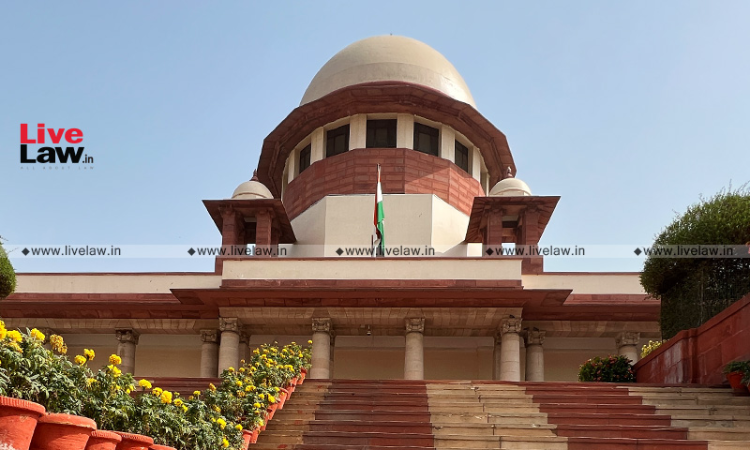Supreme Court Invokes Article 142 Powers To Reinstate English Lecturer In College
Gyanvi Khanna
30 Aug 2023 9:05 AM IST

Next Story
30 Aug 2023 9:05 AM IST
A Division Bench of the Supreme Court, while hearing an appeal challenging Bombay High Court order, invoked its inherent powers under Article 142 of the Indian Constitution to reinstate the appellant to the post of lecturer in English. “Therefore, for doing substantial justice this is a fit case where we should invoke our power under Article 142 of the Constitution of India for continuing...
